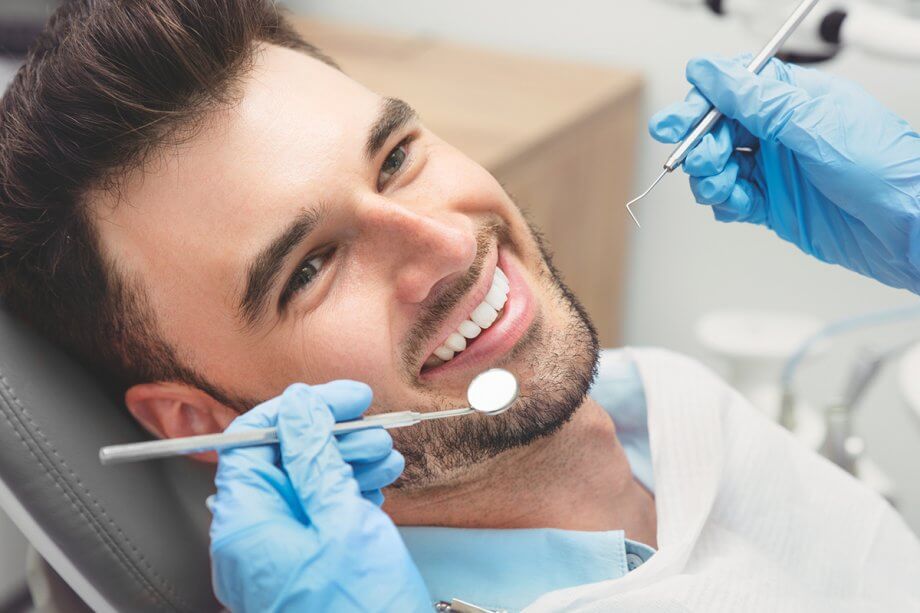We all know the drill: brush your teeth twice a day for two minutes each time. But have you ever wondered how long you should wait to eat after brushing your teeth?
It turns out that the answer isn’t as straightforward as you might think. The science behind brushing and eating is a complex one, with factors such as toothpaste ingredients, the type of food you plan on eating, and your overall dental health all coming into play.
In this article, we’ll take a deep dive into the research and explore the optimal time to eat after brushing, as well as some tips to keep your teeth healthy and your breath fresh.
Understanding the science behind toothpaste and brushing
Toothpaste is a crucial component of the brushing process. It contains various ingredients that help to clean your teeth and provide a fresh mouth. One of the primary ingredients in toothpaste is fluoride. Fluoride is a mineral that helps to prevent tooth decay by strengthening the enamel on your teeth. It also helps to reduce the amount of acid produced by bacteria in your mouth, which can erode your teeth over time.
Another essential ingredient in toothpaste is abrasive particles. These particles help to scrub away plaque and food particles that can cause bad breath and other dental problems. Toothpaste also contains detergents that help to create a foaming action, which helps to spread the toothpaste around your mouth and reach all the nooks and crannies.
The effects of toothpaste on your mouth
Toothpaste can have various effects on your mouth, depending on the ingredients it contains. One of the most common side effects of toothpaste is sensitivity. Some people are more sensitive to the ingredients in toothpaste, such as fluoride, and may experience discomfort or pain when brushing their teeth. If you experience sensitivity, you should talk to your dentist about switching to a toothpaste that is specifically designed for sensitive teeth.
Another effect of toothpaste is dry mouth. Some toothpaste contains ingredients that can dry out your mouth, leaving it feeling uncomfortable and sticky. If you experience dry mouth, you should consider switching to a toothpaste that contains moisturizing ingredients, such as glycerin or aloe vera.
The impact of food on your teeth after brushing
After brushing your teeth, you may be tempted to eat immediately. However, the type of food you eat can have a significant impact on your teeth. Sugary and acidic foods can be particularly damaging to your teeth, as they can erode the enamel and lead to cavities.
When you eat sugary or acidic foods, the bacteria in your mouth produce acid, which can break down the enamel on your teeth. This process is known as demineralization and can lead to cavities and other dental problems. If you must eat sugary or acidic foods, it is best to do so in moderation and rinse your mouth with water afterward.
How long to wait before eating after brushing
So, how long should you wait to eat after brushing your teeth? The general rule of thumb is to wait at least 30 minutes before eating or drinking anything. This gives the fluoride in your toothpaste time to work its magic and strengthen your tooth enamel.
However, the amount of time you should wait can vary depending on several factors. For example, if you use a toothpaste that contains a higher concentration of fluoride, you may need to wait longer before eating. Similarly, if you have a history of dental problems, such as cavities or gum disease, you may need to wait longer before eating to give your teeth and gums time to heal.
Factors that affect how long you should wait
Several factors can affect how long you should wait before eating after brushing your teeth. One of the most important factors is the type of toothpaste you use. If you use a toothpaste that contains a high concentration of fluoride, you may need to wait longer before eating.
Another factor to consider is your overall dental health. If you have a history of dental problems, such as cavities or gum disease, you may need to wait longer before eating to give your teeth and gums time to heal. Similarly, if you have recently undergone any dental procedures, such as a filling or crown, you may need to wait longer before eating to avoid damaging the affected area.
Tips for maintaining good oral hygiene
Maintaining good oral hygiene is essential for keeping your teeth healthy and your breath fresh. Here are some tips to help you maintain good oral hygiene:
- Brush your teeth twice a day for at least two minutes each time.
- Use a toothpaste that contains fluoride to strengthen your tooth enamel.
- Floss once a day to remove food particles and plaque from between your teeth.
- Rinse your mouth with water after eating sugary or acidic foods to help neutralize the acid in your mouth.
- Visit your dentist regularly for checkups and cleanings.
Pediatric dental services in Annandale, NJ
Brushing your teeth is an essential part of your daily routine, but it is equally important to wait before eating after brushing. Waiting at least 30 minutes before eating or drinking anything gives the fluoride in your toothpaste time to work its magic and strengthen your tooth enamel.
However, the amount of time you should wait can vary depending on several factors, such as the type of toothpaste you use and your overall dental health. By following the tips outlined in this article, you can maintain good oral hygiene and keep your teeth healthy and your breath fresh.
To learn more about the pediatric services we offer, contact us at 908-735-6300.
